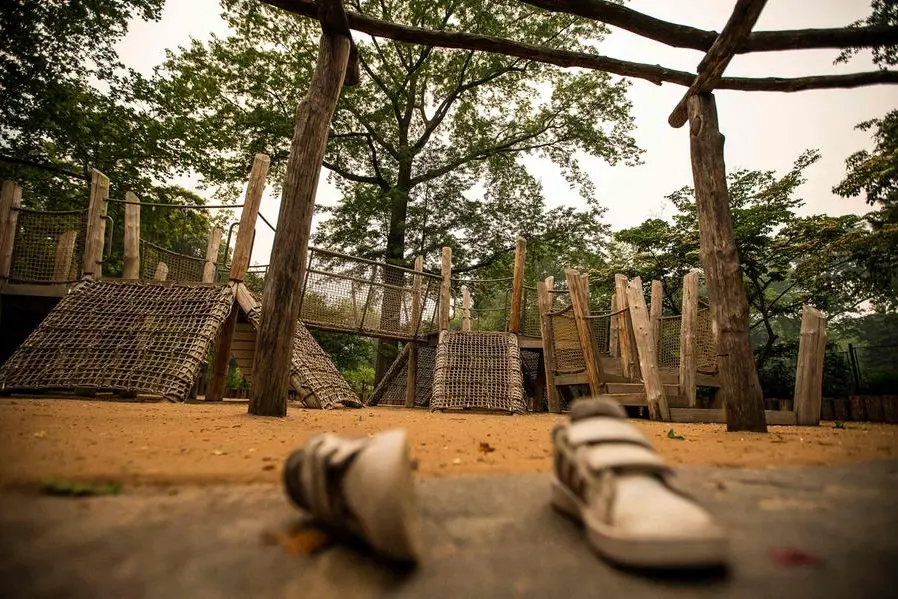PHOTO
Canada's Quebec province, hit hard by wildfires that have ravaged the country, eagerly awaited on Wednesday the arrival of reinforcements from abroad to help beat back blazes that are overwhelming its firefighting capacity.
After major flare-ups in western Canada last month, firefighting efforts recently shifted to Nova Scotia on the Atlantic coast, before moving this week to Quebec, which is now the epicenter of the crisis.
Firefighters in the province are struggling to put out 140 fires, most of them listed as out of control, and authorities hope extra personnel and rainfall could provide some relief.
But Quebec's Premier Francois Legault said that no significant rain is forecast before Monday evening, and raised concerns about a shortage of resources.
"With the current hands, we can fight about 40 fires at a time," he told a news conference.
Quebec has deployed hundreds of firefighters, with help expected from France and the United States in the coming days.
Prime Minister Justin Trudeau on Wednesday called it "the worst wildfire season we've ever had right across the country".
Canada has been hit repeatedly by extreme weather in recent years, the intensity and frequency of which have increased due to global warming.
"These fires are affecting everyday routines, lives and livelihoods, and our air quality," Trudeau said on Twitter Wednesday, pledging to continue to tackle climate change.
- 3.8 million hectares scorched -
About 3.8 million hectares had been burnt and more than 20,000 people remained displaced across Canada as of Wednesday.
That figure is expected to rise as thousands more were ordered to leave their homes in Quebec by the end of the day.
Among them, Nancy Desaulniers said in a Facebook post that she, her partner and their two dogs fled their home in the town of Chibougamau at 2 am on Wednesday.
"We decided to leave by boat, which allowed us to bring important belongings," she said.
"It's very stressful," Daniel Harvey, a resident of Chapais, a neighboring town that is preparing to be evacuated, told local media.
He said he had gathered important papers, hard drives and photos.
"We don't know what will happen, so we have to act as if" everything could burn, he told reporters.
Legault has said that evacuation orders are likely to stay in place until at least next week.
Quebec has recorded 443 wildfires since the beginning of the year, more than double the average over the past decade for the same period.
Smoke from the Quebec fires has spread as far, prompting air quality alerts in Toronto and several US cities including New York, where the Manhattan skyline was barely visible.





















